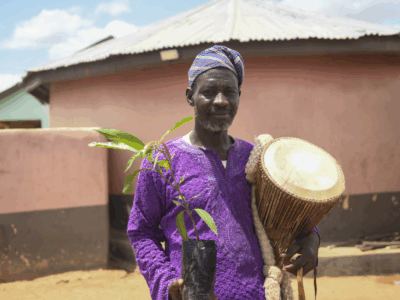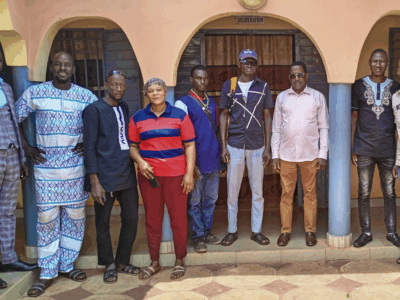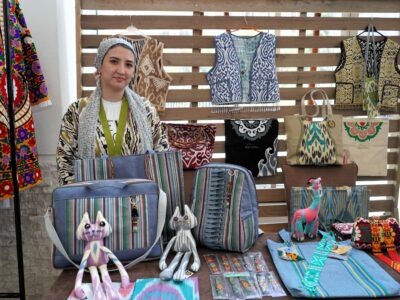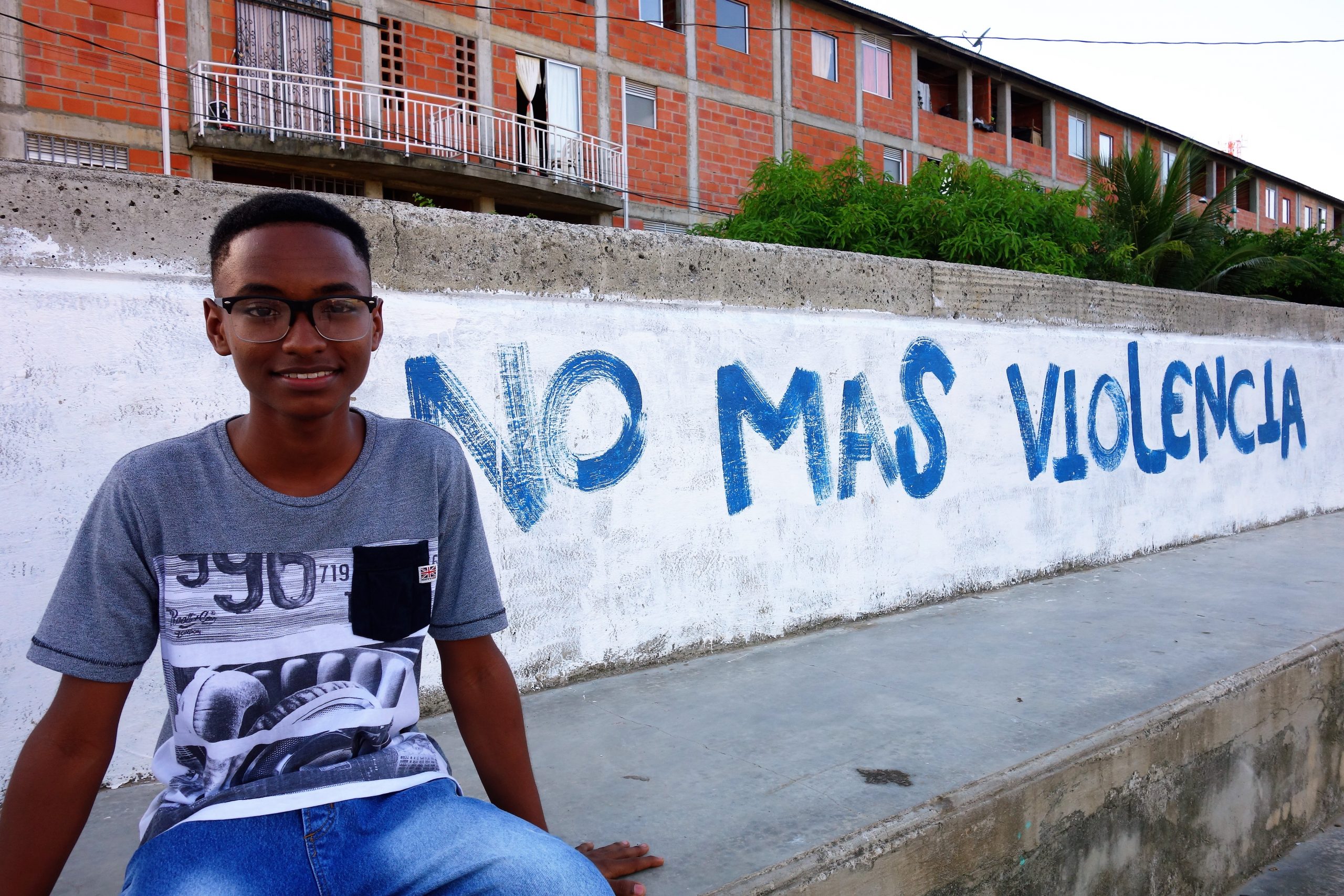
By Katherine Ko, Daniel Sumner, and Melissa Matlock
A 2016 peace deal between the Colombian government and the Revolutionary Armed Forces of Colombia (FARC) ushered in the opportunity to forge a more tolerant and inclusive society, in which individuals can build bridges through trusting, respectful dialogue and begin to come to terms with over half a century of conflict.
Through the six-year, USAID-funded Program of Alliances for Reconciliation (PAR), which operated from 2016 to 2022, ACDI/VOCA applied a systems approach to foster alliances between private and public sectors, media, academia, and civil society. These alliances aimed to conceptualize, strengthen, and lead peace-building initiatives to address some of the existing disparities and build trust between individuals and communities.
An Intersectional Approach to Inclusion
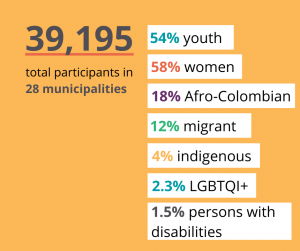
Few Colombians escaped the country’s protracted period of conflict unaffected. Indigenous communities, Afro-Colombians, women, and members of the LGBTQI+ community were disproportionately affected by violence and displacement. Understanding the ways that historical and present norms, attitudes, and structures shape discrimination and exclusion spurred the PAR team to develop a gender and social inclusion approach. This approach tackled discrimination based on gender identity, ethnicity, migration, sexual orientation, age, and disability. It systematically transformed norms and enhanced the participation of certain groups in labor, economic, social, and cultural settings.
Reshaping Perceptions, Attitudes, and Beliefs
How do we begin to change perceptions and help people develop the skills and confidence to become agents for social change? PAR developed a modular, adaptable, and evidence-based psychosocial support methodology known as DecidoSer.
“I never had the opportunity to interact with a trans woman before. I didn’t accept them and, watching them from afar, they made me angry . . . but now, not at all. Now we hang out.”
— A PAR participant from Quibdó
DecidoSer was an ever-evolving methodology customized to meet the needs of different audiences. DecidoSer enabled the PAR team to understand and transform deep-rooted gender and social stereotypes. Through hands-on activities designed to foster group discussion, PAR engaged 31,000 Colombians in forging new understandings of social inclusion, racial and cultural discrimination, masculinities, women’s empowerment, and gender identity. After completing DecidoSer workshops and activities, 88 percent of participants felt less judged and affected by prejudices, and 87 percent had a greater acceptance of others. Additionally, 58 percent of participants experienced positive changes in their perceptions of Venezuelan migrants.
“I was somewhat narrow-minded about [homosexuality]. I used to say that I supported them, but I didn’t hold them in high esteem; I felt a certain aversion towards them. But now, and thanks to [PAR], I have a more open mind. I have gay friends, and I’ve changed the way I see them.”
—PAR participant
Facing Difficult Conversations

Discussing current gender norms can be a sensitive process. At one DecidoSer workshop, held in a rural community that had experienced decades of violence, PAR’s gender equality and social inclusion (GESI) specialist, Angela Betancur, recalled how several older men stormed out during discussions of gender identity and LGBTQ+ inclusion. Those men eventually returned, and Angela used that moment to reframe the conversation.
“. . .[M]y message to them was that the exercise was not intended to single them out for their view nor change their beliefs in one sitting. I explained, we may not agree with other people because we have different religious beliefs, political ideologies, or family backgrounds, and it is okay to not agree or even to leave the room. But the point is we must respect the other person’s viewpoint and disagree without hurting the other person.”
— Angela Betancur, PAR’s GESI specialist
Through DecidoSer, PAR helped more than 387 organizations develop the capacity to have these difficult conversations and to create inclusive spaces that encourage participants to hear new perspectives and manage intolerance.
Addressing All Forms of Gender-Based Violence
While the Colombian government has advanced legislation to prevent gender-based violence and provide survivors with services, it remains a major concern. Gender-based violence was exacerbated not only by Colombia’s history of conflict but also by the onset of the COVID-19 pandemic.
Recognizing the past damage and current risks, PAR’s gender and social inclusion approach focused on care and prevention through an awareness campaign. PAR worked to empower people with knowledge of their rights and to connect them with community care and support networks. PAR also supported local Colombian civil society organizations to expand psychosocial support services, secure reporting mechanisms, and launch prevention awareness campaigns. More than 1,500 people completed PAR’s training on gender-based violence toward women and LGBTQI+ individuals. They learned about the services available to survivors and about important sexual and reproductive health issues.
Learn more about the Program of Alliances for Reconciliation.
Learn more about our work in Colombia.

